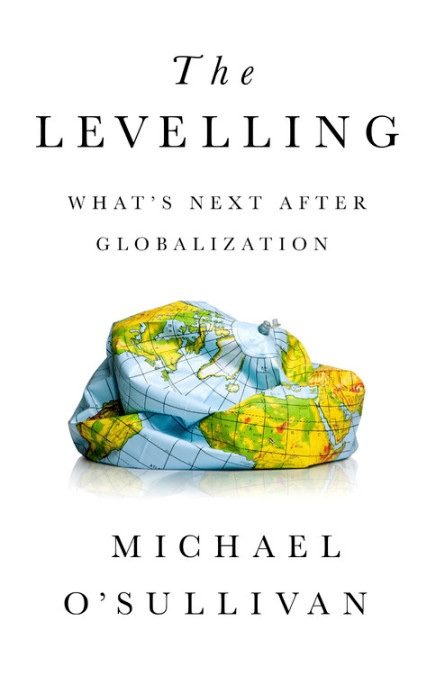
In the past year, two specific political interviews have struck me as being particularly interesting. Recently, Emmanuel Macron gave an interview to a group of autistic journalists where they posed questions that might not normally be aired in everyday press briefings. Macron to his great credit, was open and frank, in a way not normally so in everyday briefings (he tends to speak for too long and always gives the ‘bonne réponse’).
The other interview that caught my attention was Micheál Martin, until recently Ireland’s Prime Minister (Taoiseach) under the Fianna Fail/Fine Gael led coalition. When he became Taoiseach, it is fair to say that Martin did not have a strong public persona in Ireland and to many, his interventions appeared too mild and often controlled.
However, in February of last year he gave a long interview to the Two Norries podcast. This is one of my favourite podcasts because of its complete honesty, the colour it gives on the complexity of social problems and mental health, and of course the strong flavour of Cork city.
In brief, Martin’s interview in an untypical setting, gave a highly personal view of his family life, background and political convictions, in contrast to his far more stilted public briefings. My feeling on listening to the podcast was that the initial part of Martin’s premiership would have gone more smoothly if he had done such an interview earlier and given the public an opportunity to ‘know him better’.
The Macron and Martin interviews are instructive about the way politicians live, behave and are treated by both the media and the public. They speak to a political class that, for various reasons, regards the media as both a foe and as part of the arsenal of political tradecraft, and also of the growing mental health strain on politicians.
This point was made volubly with the resignations of Jacinda Ardern and Nicola Sturgeon as prime/first ministers of New Zealand and Scotland respectively. Both are accomplished leaders, and as women have had to endure troubling levels of sexism, and abusive commentary about their personal lives in a political climate that has at the same time long seemed immune to the appalling personal behaviour of the likes of Boris Johnson and Donald Trump.
That both Sturgeon and Ardern pioneered the ‘Wellbeing Economy Governments’ that seeks to measure a country’s progress through a broader range of measures than GDP, suggests that they had a more balanced vision of society, economies and politics – which they perhaps struggled to implement. Unfortunately, the halt to their political careers suggests the opposite – that politics is becoming a blood sport where only the very tough and singular can participate (especially in parliamentary systems). The media treatment of Kate Forbes candidacy for the leadership of the SNP is potentially a test of this. She is an untypical candidate, educated in India, and then through Gaelic in Scotland, and unconventionally openly religious.
More broadly, the political climate is now not unlike professional sports, where politicians need to practice their art to the exclusion of all else. I had flagged this in The Levelling
‘the personal characteristics of politicians have become less traditional, less family-centric…which suggests that the intensity (and perhaps cruelty) of the political game makes it increasingly difficult to enjoy both a family life and a political career’.
It would be naïve to suggest that life was rosier for politicians in earlier times, but the intensity that television and now social media have brought to politics is becoming debilitating, not just for the time it takes but the bad behaviour it engenders. This development risks creating an environment where bad actors can thrive – and to a degree the rise of ‘strongmen’ politicians has been enabled by social media and by an environment that is intensely contested (note the current debate on the American right regarding a ‘national divorce’).
This trend tallies with last week’s note on the need to emphatically bring an end to the democratic recession. There is an opportunity for (effectively centrist) politicians to reduce the impact of social media in politics, deploy deliberative democracy better and to devolve power to more local levels. Switzerland is a good example here – though admittedly hard to replicate. Doing so will create platforms that are not as demanding in terms of time and emotion for people to become involved in politics.
If public service has to come with the caveat of ‘all hope abandon ye who enter here’ to quote Dante, then the public will bear the consequences. Brexit is an example. Another contemporary one is Peter Obi’s entry into the Nigerian Presidential elections (the first round is taking place as I send this). He is, compared to Bolu Tinubu, Atiku Abubakar and Muhammadu Buhari, and untypical candidate in a hugely consequential election for Nigeria and Africa in general. Let’s see how he fares.
Have a great week ahead,
Mike
